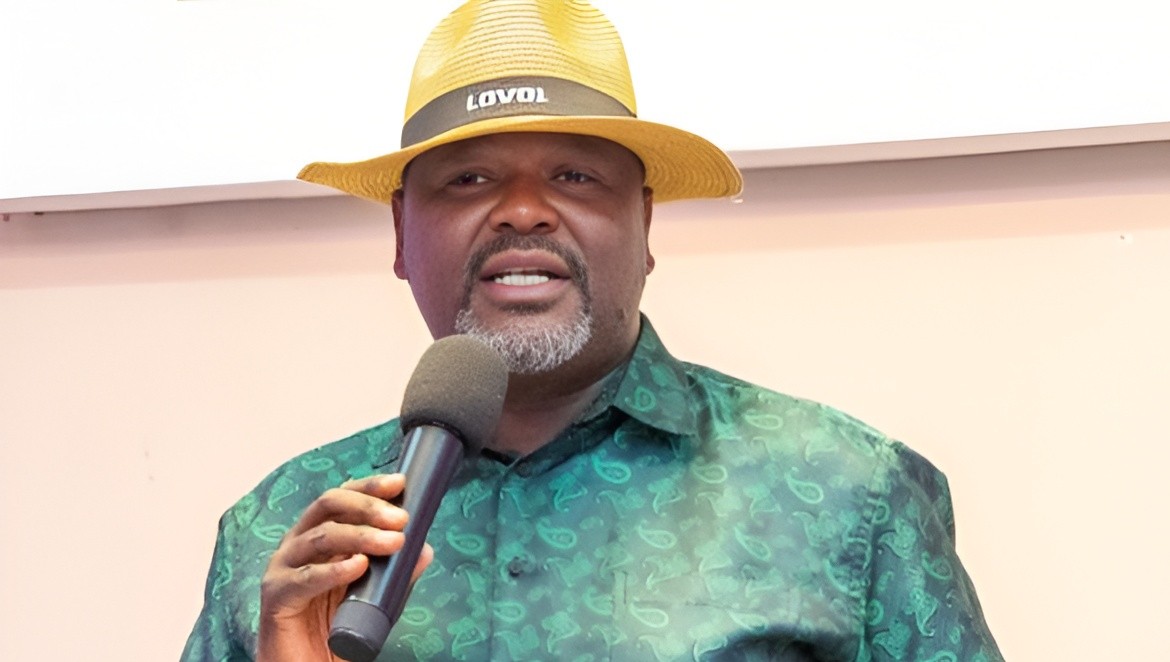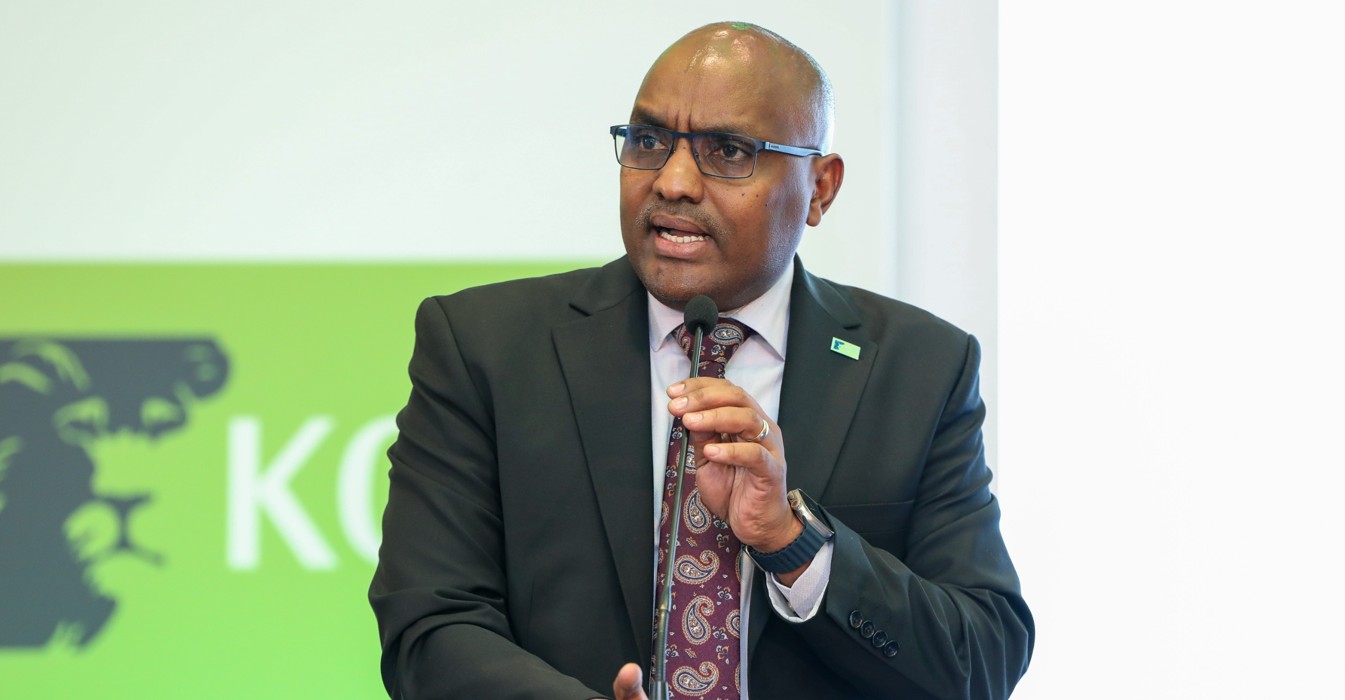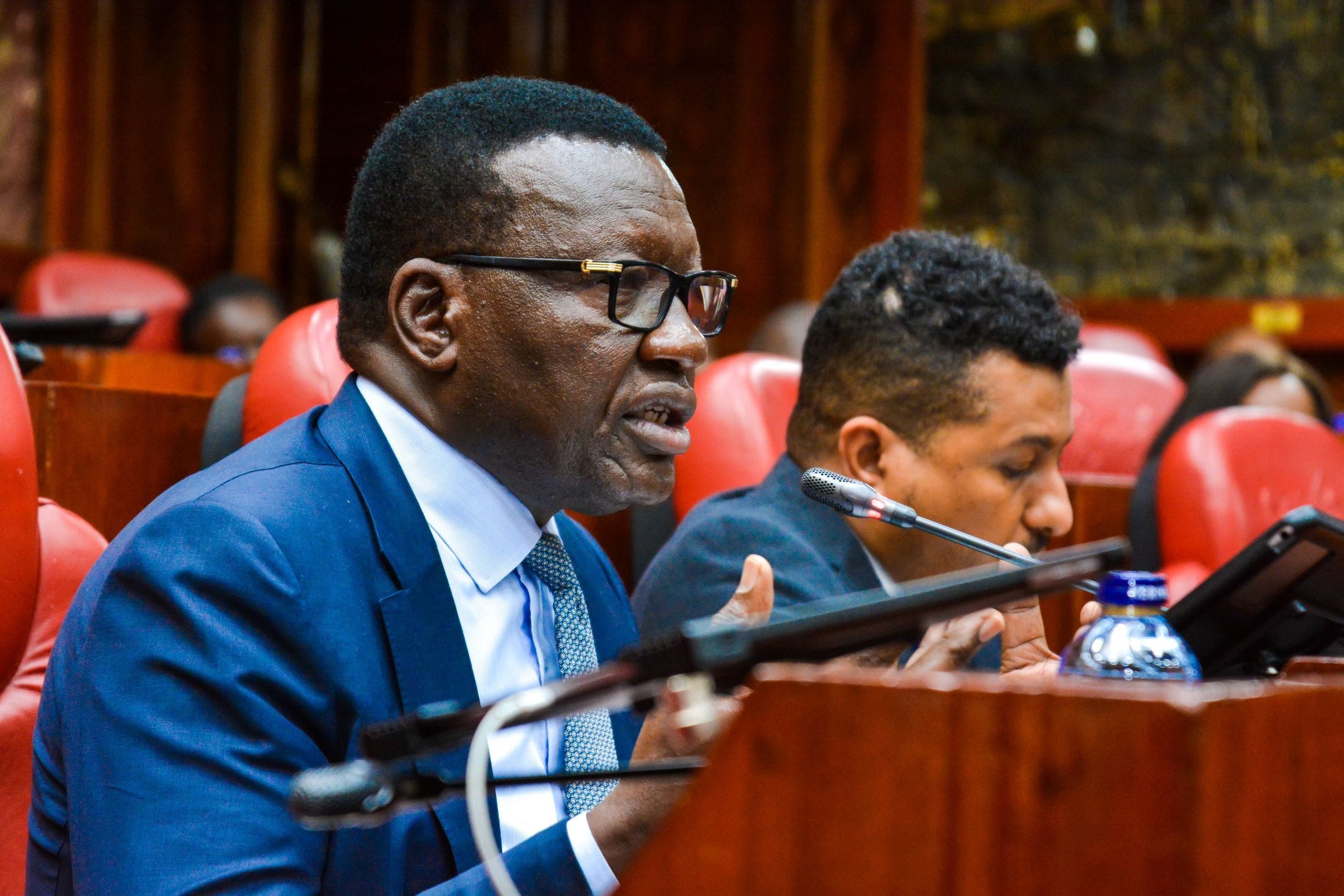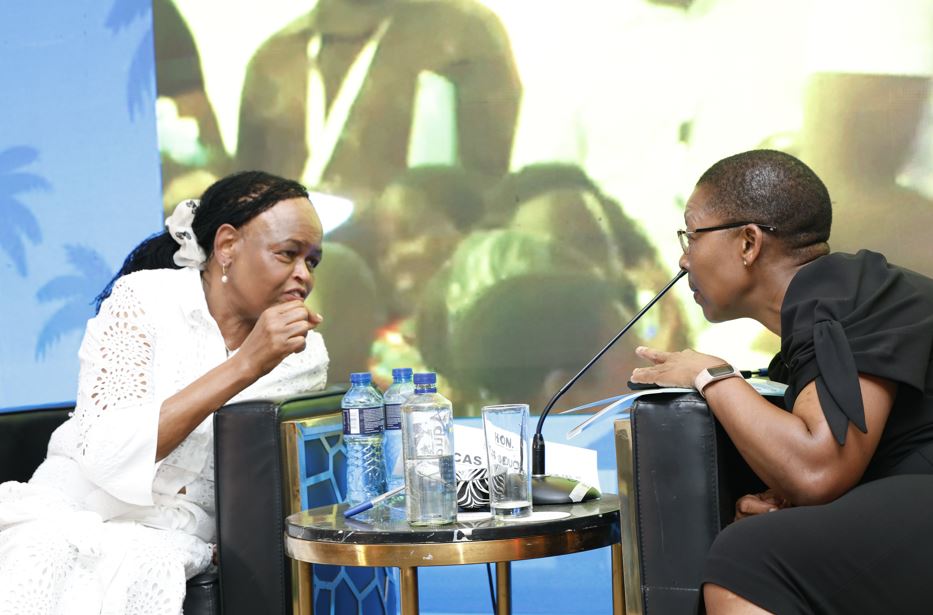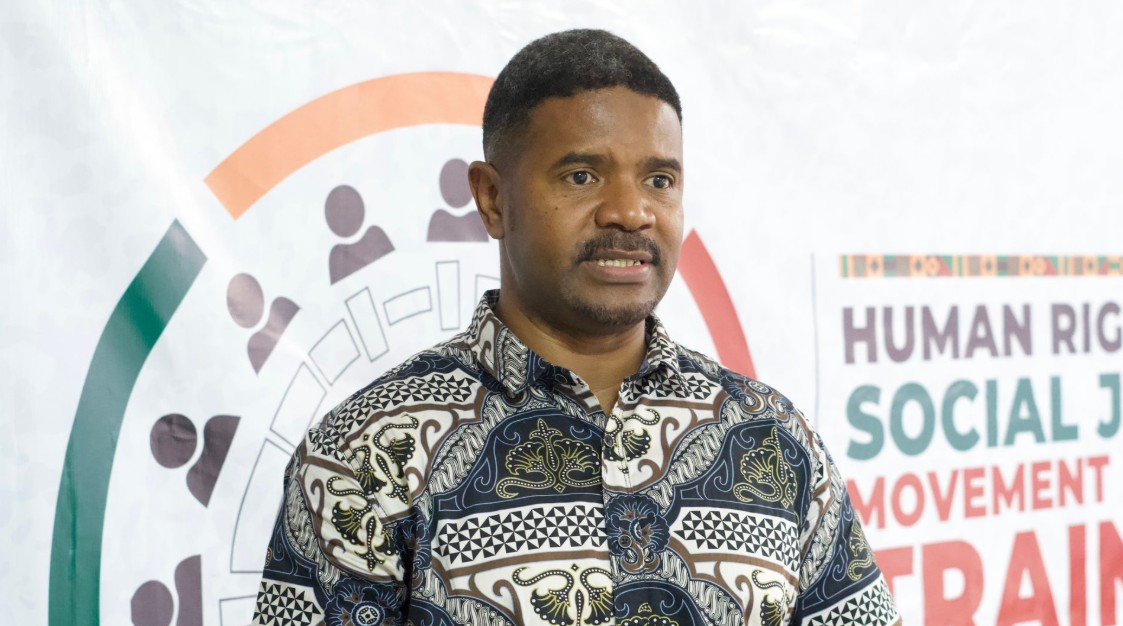Ruto's Cabinet appointments challenged in court over integrity concerns
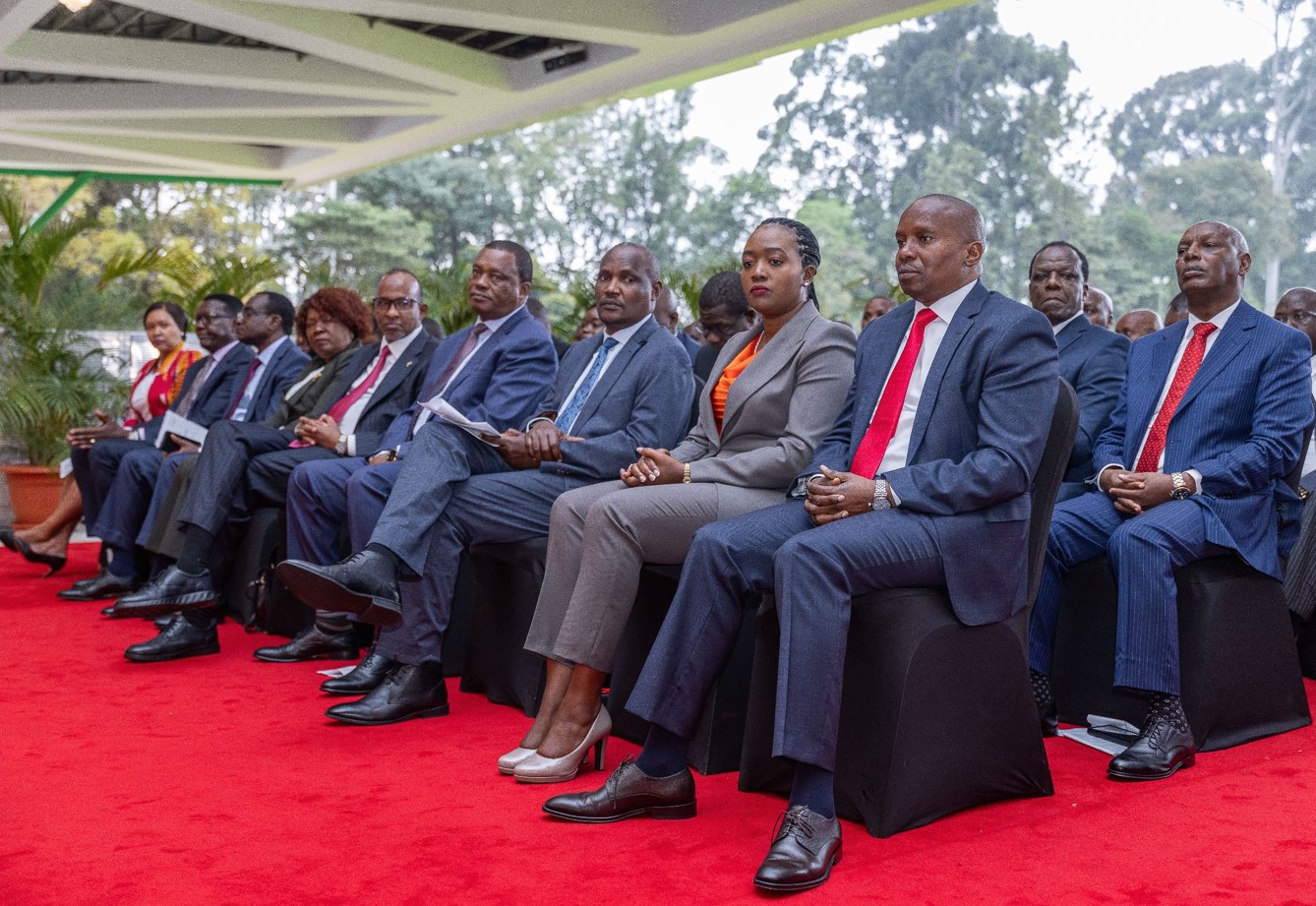
The petitioners are requesting that the court mandate the President to initiate a new appointment process that aligns with constitutional requirements.
President William Ruto's Cabinet is now facing a new obstacle, as the Kenya Human Rights Commission and Activist Wanjiru Gikonyo have filed a petition with the High Court seeking to overturn the appointments of 19 cabinet secretaries, citing concerns over integrity and inadequate vetting.
The petition highlights that CS Wycliffe Oparanya should not have been considered for nomination due to unresolved integrity issues flagged by the EACC. "Appointing individuals with such unresolved concerns undermine the principles, morality, and ethics outlined in Chapter 6 of the Constitution," the petition states.
More To Read
- Court clears Ruto’s inclusion of external advisors in Cabinet meetings
- Duncan Ojwang declines Ruto's nomination for KNCHR chair position, vetting suspended
- Defenders Coalition unveils Mtetezi App for monitoring of rights abuses
- Rights groups demand justice after Del Monte guard allegedly kills vegetable vendor
- Maina Kiai appointed chairperson of KHRC board of directors
- President William Ruto defends Hustler Fund, says KHRC report politically motivated
The petition states that a letter dated July 31, 2024, from the EACC Chief Executive Officer to the Director of Public Prosecutions highlighted integrity concerns regarding the 20th Interested Party, Oparanya.
The petitioners are requesting that the court mandate the President to initiate a new appointment process that aligns with constitutional requirements. Their argument is based on the assertion that the concerns raised by the Ethics and Anti-Corruption Commission (EACC) regarding some of the nominees were disregarded, rendering the appointments unconstitutional.
In addition, the petitioners argue that the appointment process lacked adequate public participation. They argue that the criteria for picking candidates were not made public before the vetting process, leaving the public unaware of the elements affecting the National Assembly's selection committee's decisions.
"Despite the vetting process having been initiated by the National Assembly, the parameters for selecting candidates were not made available to the public in advance," read their documents.
On the morning of August 8, President William Ruto's nineteen newly appointed Cabinet Secretaries were sworn in as part of his broad-based government. This event coincided with intense demonstrations by the Gen Z movement, known as "Nane Nane," advocating for government reforms and accountability.
President Ruto had previously dissolved his entire Cabinet due to performance issues, but he later reappointed some members who had faced criticism, sparking a strong public backlash.
During the vetting process, some candidates failed to articulate specific strategies, raising questions about whether the process was purely ceremonial. Furthermore, the Assembly failed to adequately explore the origins of income for candidates who had amassed considerable assets during their relatively brief periods in office, resulting in a public uproar.
Top Stories Today


